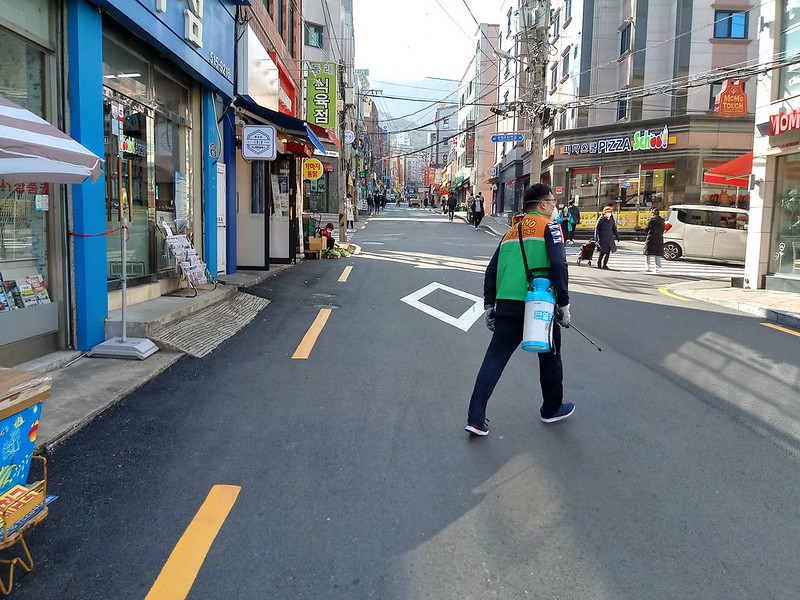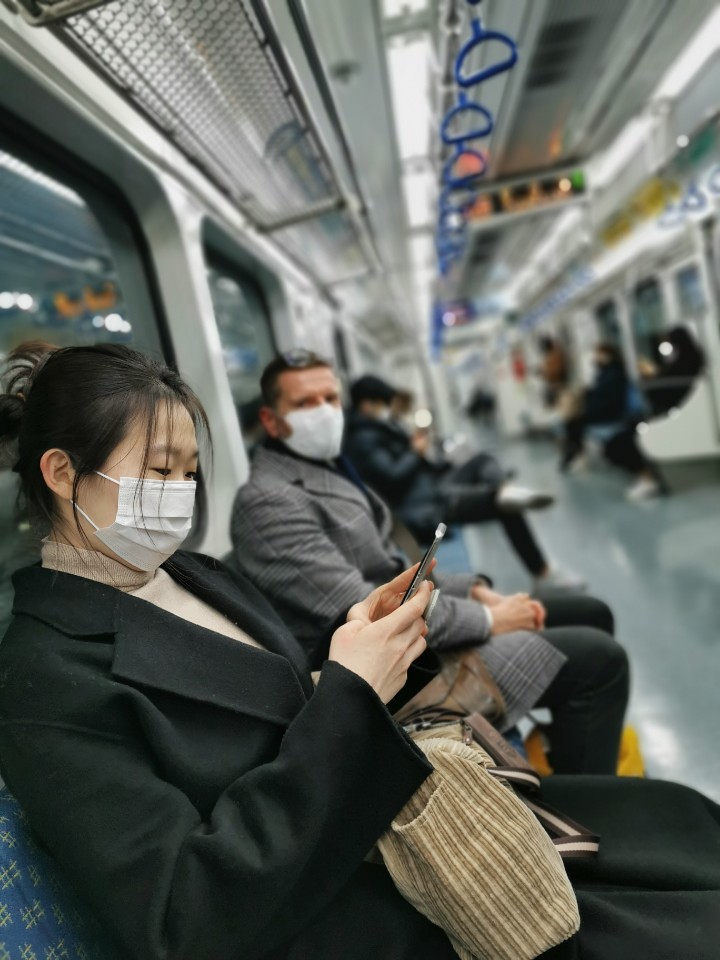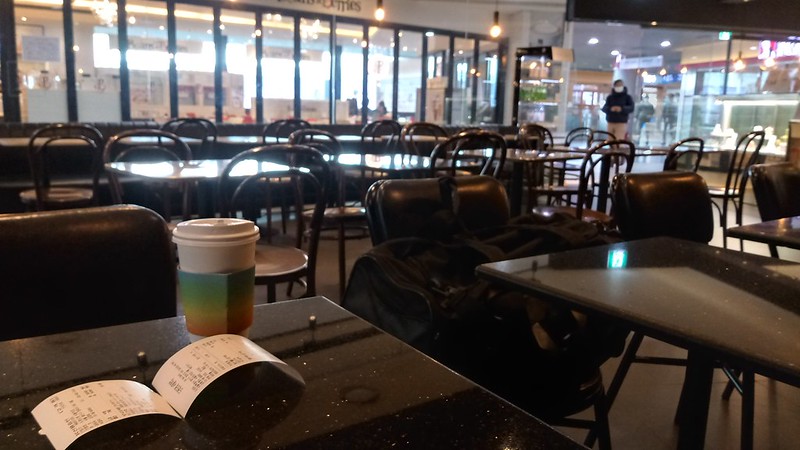First written on 20 April 2020, featuring insights from ICLEI Korea Office
Despite a spike in infections in February 2020, South Korea has been praised globally for its success in containing the spread of the virus. The fast and decisive response included the deployment of technology-enabled contact tracing and monitoring, extensive testing, transparent policies, and citizens’ critical support. Thanks to these measures, South Korea managed to put the peak of the spread behind so far without going into lockdown, unlike many other countries across the globe.
On 20 February, when there were just 82 confirmed cases nation-wide according to the Korea Centers for Disease Control and Prevention, Daegu, a city with 2.46 million inhabitants, recommended their citizens to leave their homes only when strictly necessary, while on 21 February, Seoul Metropolitan Government, with 9.7 million inhabitants, preemptively closed public spaces.
While South Koreans are not subjected to travel restrictions, local businesses such as restaurants, have registered lower revenues. In some cities, such as Daegu, the government has announced tax breaks.
The Program Officer, EcoMobility of ICLEI Korea, Yoonjin Cho, shares below some observations, which exemplifies the immediate impact on traffic and public transport, the rolling-out of special transport services, and technology-enabled delivery services.





